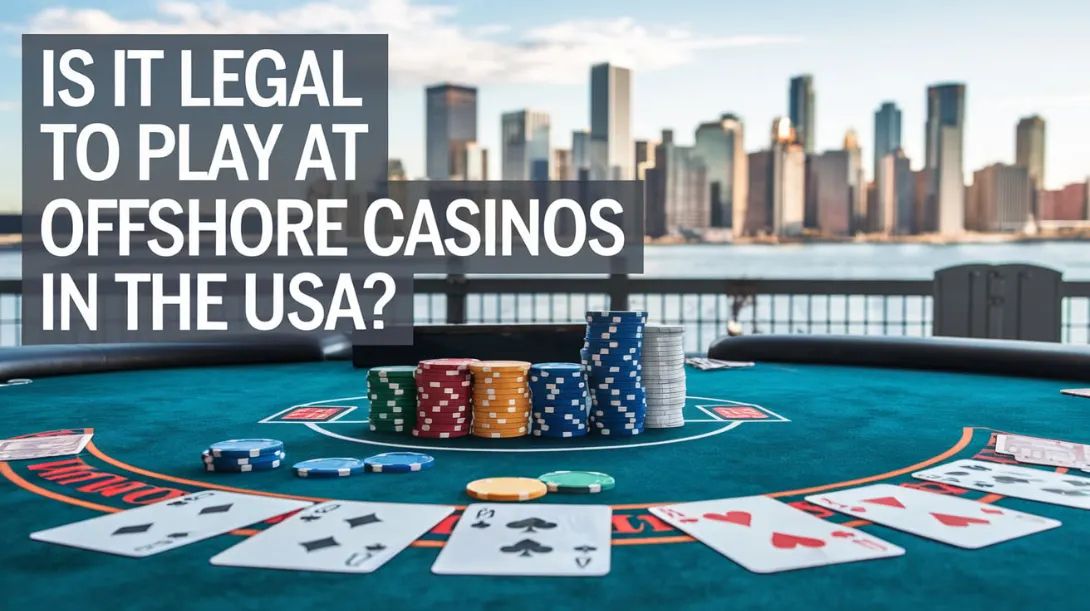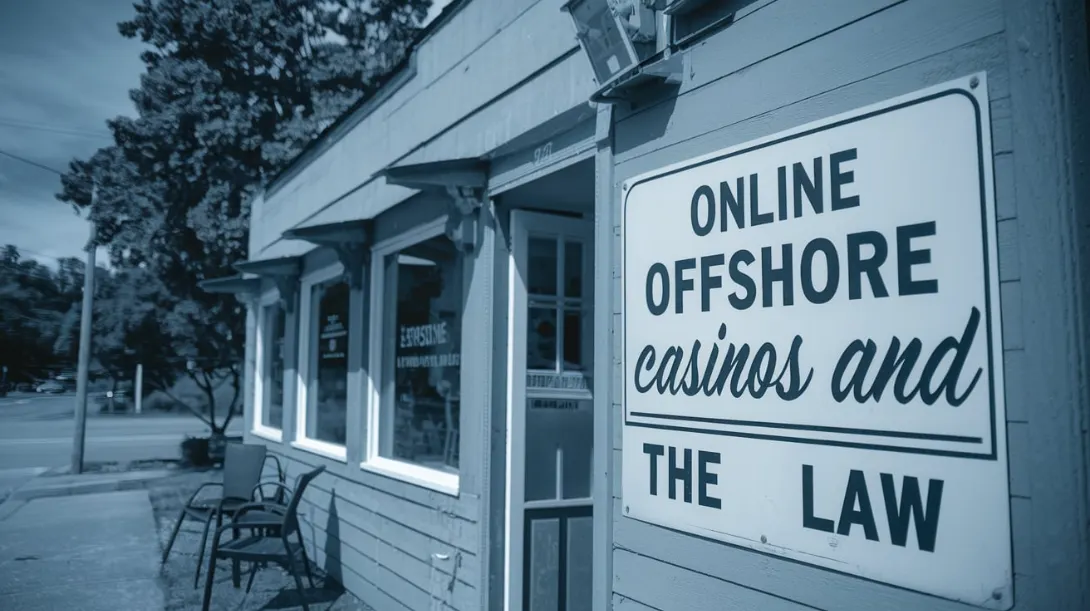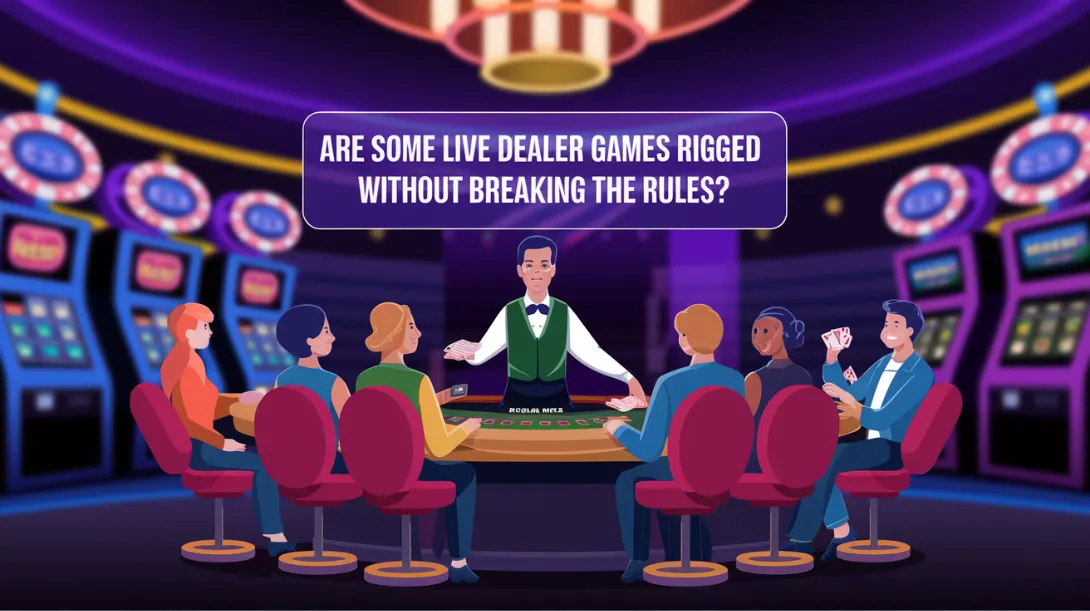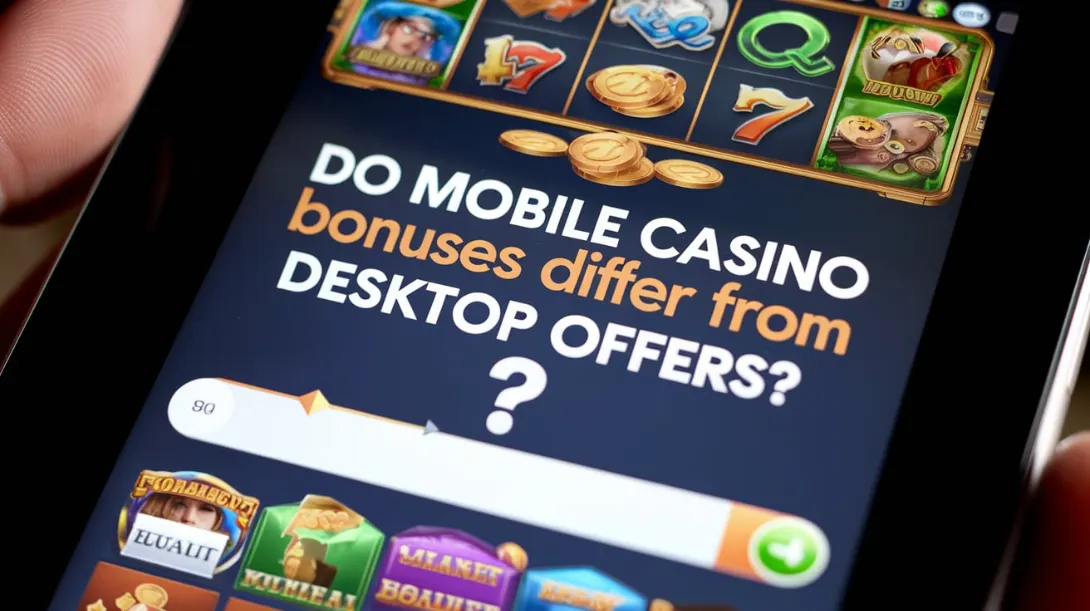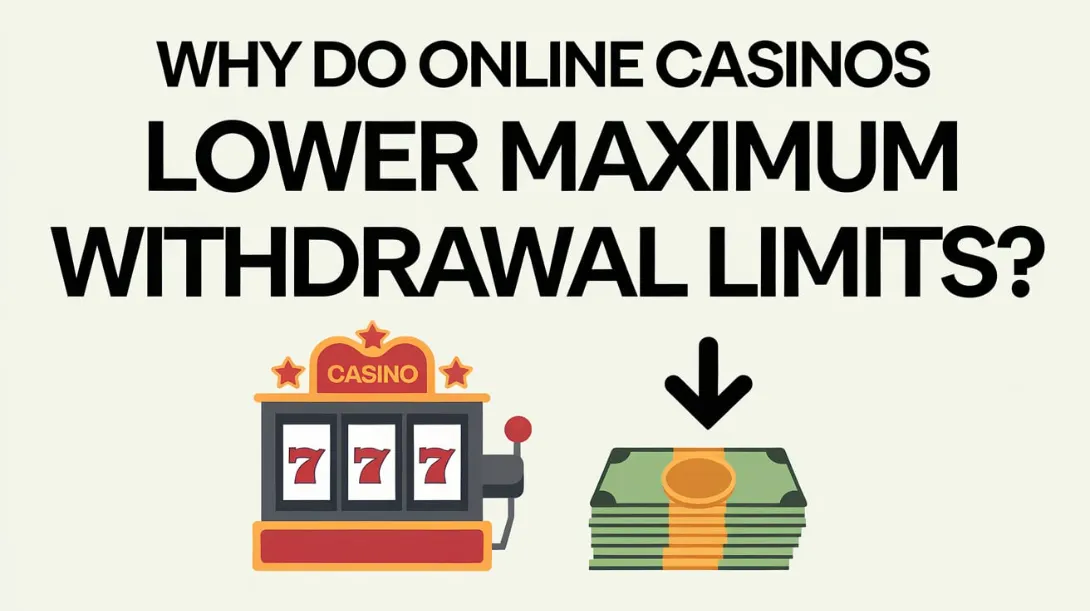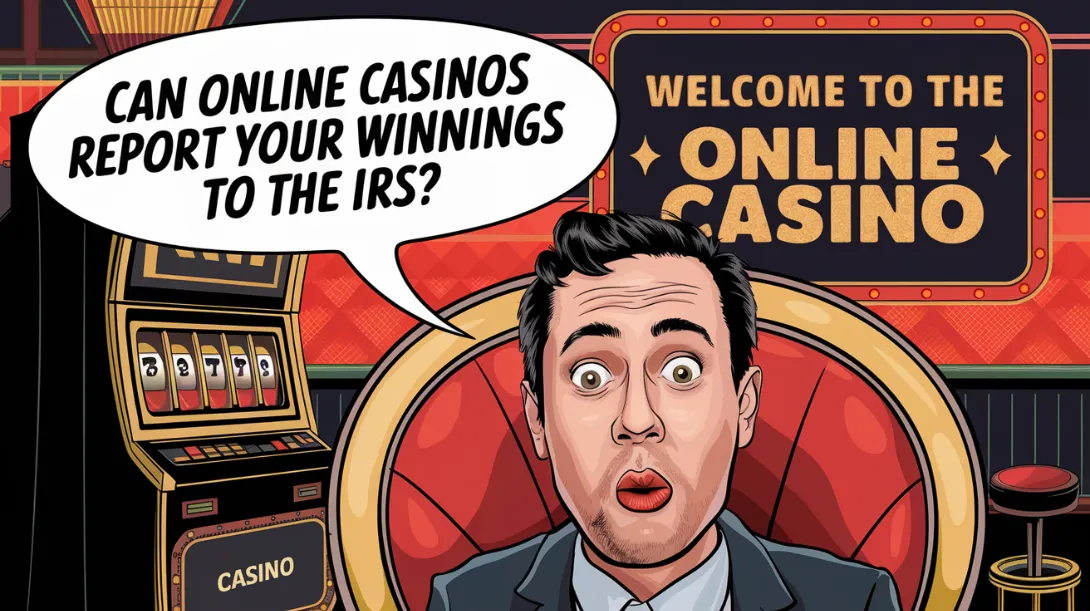What Are Offshore Casinos?
Offshore casinos are online gambling sites that operate outside the United States. They operate with licenses in Curacao, Malta, and Costa Rica.
They don’t fall under US federal or state laws. Moreover, they accept American players, even in states where online gambling is illegal.
Millions of players turn to offshore casinos because they offer real money games in states without regulated online gambling.
They provide access to slots, table games, and live dealers without a local license. Since they operate outside the US, they don’t pay American taxes or follow US consumer protection laws.
That’s why withdrawals, disputes, and game fairness depend entirely on the casino’s offshore license and policies. Another reason players use offshore casinos is the ease of deposits.
They accept cryptocurrencies like Bitcoin which bypass banking restrictions from the (UIGEA). The reality is offshore casinos operate within a legal bubble. They’re not explicitly legal, but no US.
US Gambling Laws and Offshore Casinos

The Wire Act and Its Impact on Offshore Gambling
The Wire Act of 1961 was enacted to stop interstate sports betting over phone lines. In 2011, the Department of Justice (DOJ) clarified that it only applies to sports betting, not casino games.
In 2018, the DOJ reversed its stance, arguing the law covers all forms of online gambling. This confused US-licensed operators, but offshore casinos continued to operate without concern.
Since they are outside the US jurisdiction, the Wire Act does not apply to them.
The UIGEA and Its Role in Payment Processing
The Unlawful Internet Gambling Enforcement Act (UIGEA) of 2006 doesn’t ban offshore gambling. US players can still register and play casino games for real or free, but it’s more challenging to fund their accounts.
Banks block credit card payments to offshore casinos. The UIGEA compels financial institutions to stop processing gambling-related transactions.
This is why many offshore casinos accept cryptocurrencies, e-wallets, and vouchers; they bypass UIGEA restrictions.
UIGEA only targets financial transactions, not players. That explains why Americans continue to gamble at offshore sites without facing legal consequences.
States Where Online Gambling Is Legal vs. Unregulated
Americans can legally play at online casinos with licenses in New Jersey, Pennsylvania, or Michigan. These states have strict regulations, ensuring fair play, fast payouts, and legal protection for players.
The majority of US states still have no laws regulating online casinos. Offshore casinos operate freely in unregulated states because local laws don’t stop them.
States That Explicitly Ban Offshore Gambling
Washington and Connecticut have laws that make online gambling illegal for residents. No state has prosecuted a player; gambling on offshore sites is illegal in some states.
Other states may not ban it outright. There’s no legal protection if something goes wrong. Check your state laws before gambling online, as some states have strict regulations.
Safe Ways to Play at Offshore Casinos
Choose Reputable Offshore Casinos
Not all offshore casinos are scams; many operate without oversight. They operate with licenses in Costa Rica, Curacao, and Panama. A license alone isn’t enough.
Read player reviews and complaints at sites such as Trustpilot. If a casino has a history of delayed payouts or unfair terms, it’s toxic.
Use Secure Payment Methods
I never use my bank account or credit card since US banks block gambling transactions. Use Bitcoin, checks, bank transfers, or prepaid vouchers for faster, safer deposits.
Offshore casinos can use sketchy payment processors. Choose a site with strong encryption before you deposit.
Read the Terms and Conditions Before Depositing
Many offshore casinos hide unfair rules in the fine print. Note the wagering requirements, withdrawal limits, and vague clauses that allow them to refuse payouts.
Players have lost thousands because they didn’t read the terms; don’t make that mistake.
Conclusion
No federal law bans players from using them, but some states prohibit online gambling. Since they operate outside US law, players have no legal protection if something goes wrong.
Responsible gambling is key. Know the risks, read the terms, and choose reputable casinos. But, more importantly, play at the sites OC2 recommends. Alternatively, you can play at legal US casinos and sweepstakes sites.
